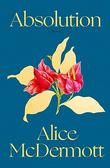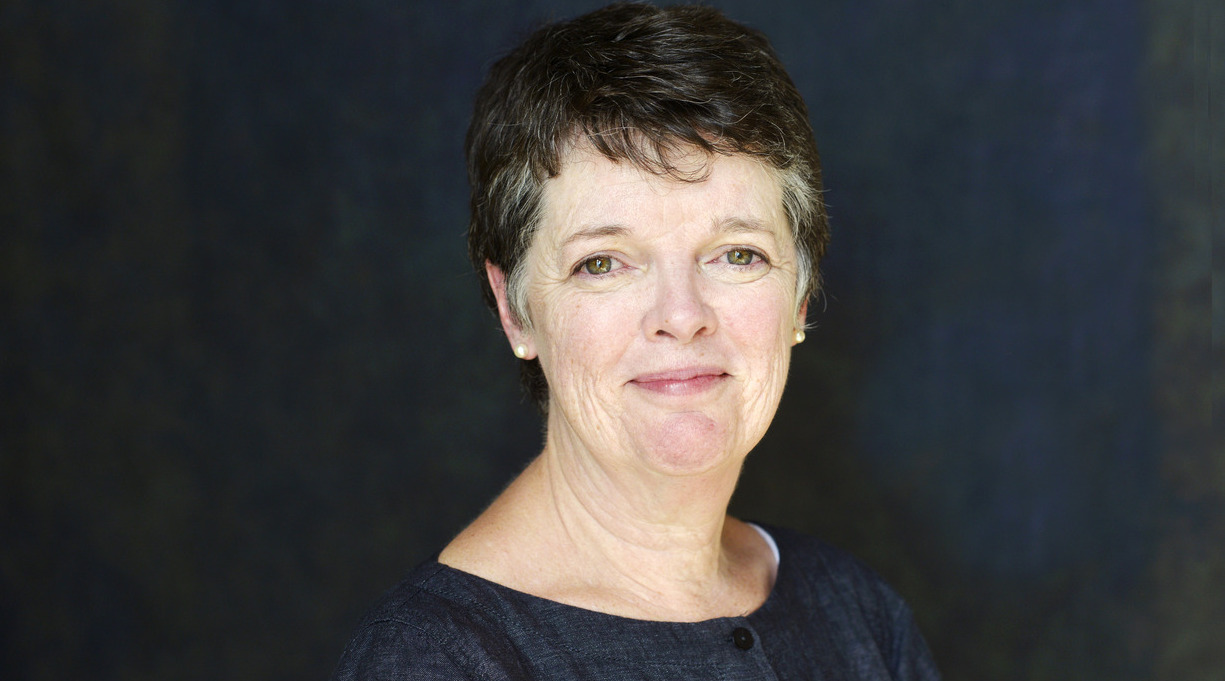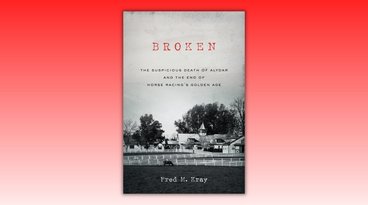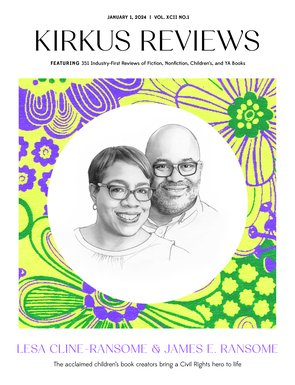When Alice McDermott published her first novel, A Bigamist’s Daughter, in 1982, she made a splash. How could she not have, with that in-your-face title? The book was reviewed on the front page of the New York Times Book Review by Anne Tyler. That Night, her second novel, was a finalist for the Pulitzer Prize (won that year by Beloved). And on and on—for her beautiful, deeply nuanced portraits of Irish Catholic New Yorkers, McDermott has won the National Book Award and been a finalist for just about every honor out there, including the Kirkus Prize for The Ninth Hour.
Her new book, Absolution (Farrar, Straus and Giroux, Nov. 7), is a departure; set in Saigon in 1963, it introduces Tricia Kelly and a group of other young American women whose husbands are diplomats or corporate managers. Tricia recalls her life in Vietnam from 60 years on, looking back at the do-gooding schemes she was swept into by her friend Charlene. Our starred review says, “This transporting, piercing, profound novel is McDermott’s masterpiece.” I recently spoke to McDermott via Zoom; our conversation has been edited for length and clarity.
Your first few novels were set so firmly on Long Island that it seemed like a big move when you set one in Brooklyn. How did you decide to write about Saigon?
It’s not a total departure—it’s a change of landscape, but I still have my New Yorkers in the mix. Ever since I read Graham Greene’s The Quiet American as an undergrad, I’ve wanted to address the way Greene portrayed women in that novel—and it’s a novel I admire tremendously.
It’s about a CIA agent in Vietnam, and it questioned the U.S. involvement.
Every time I’ve read it, I’ve been astonished by how politically prescient it was, published in the mid-’50s. For Greene to see America’s catastrophe in Vietnam so clearly—but what was going to happen to women in the ’70s? He couldn’t see that coming. So I’ve always wanted, as the millennials say, to be in dialogue with that book. And then I’ve lived inside the Beltway for so many years, and I’ve met so many women who would have been the kind of women Greene was so dismissive of, the American diplomats’ wives or secretaries at the embassy. Plus I’ve always wanted to visit Vietnam, so when I started this novel I thought, Here’s my professional excuse. And then Covid came, so that wasn’t going to happen.
You still haven’t made the trip?
I have not made the trip, so I had to make the trip during lockdown by just reading absolutely everything, reacquainting myself with people like Greene and Tim O’Brien and the great Vietnam political novels and memoirs. I told myself that if I can be in someone’s life at a time that I never lived, certainly I can be in someone’s life in a place that I’ve never lived. In some ways it was a challenge, but I had the guardrail because these are Americans. I would not presume to tell the story from a Vietnamese point of view.
All those Vietnam novels you mention were written by men.
 I will not be the first writer, whether journalist or memoirist or fiction writer or poet, to say 1963 was a really important year, globally. At that time, on the cusp of so many things, I was more interested in the women who have been dismissed from the story. I think there aren’t many memoirs or stories about these women because they didn’t really feel they had a story to tell. They were good wives, they were good secretaries, they were young women who wanted an adventure and joined the State Department and…typed. They were not in the room, so to speak, when major things were happening. But what’s going on backstage always interests me.
I will not be the first writer, whether journalist or memoirist or fiction writer or poet, to say 1963 was a really important year, globally. At that time, on the cusp of so many things, I was more interested in the women who have been dismissed from the story. I think there aren’t many memoirs or stories about these women because they didn’t really feel they had a story to tell. They were good wives, they were good secretaries, they were young women who wanted an adventure and joined the State Department and…typed. They were not in the room, so to speak, when major things were happening. But what’s going on backstage always interests me.
You mention all the pivotal things happening at that time, which reminds me that before she got married, Tricia and a friend from college drove down South to register Black voters.
One of the risks of writing what is apparently a historical novel, but not with the same intention that writers of historical novels usually have, is to overwhelm story and character with research and hitting every historical note. Medgar Evers was assassinated in ’63, and I couldn’t authentically, knowing Tricia as I came to know her, have her make note of that. It was where the events of this pivotal year brushed up against her daily life, and sometimes where she was drawn into it.
You tell the story in a nonchronological way, circling around various events.
It’s a novel about how memory works, which, for me, is the flip side of how storytelling works. It’s the story we tell ourselves. To authentically portray how memory works, you have to fudge chronology, because none of us remembers things in strict chronological order—you just have to listen to a bunch of friends sitting around talking to know that.
Because Tricia is telling the story from the present, she’s able to say things like, “Today Charlene would be called a white savior.” She can take the framework of the present and put it on the past.
I think that’s the aspect of the novel that speaks to the sense of absolution, the sense of forgiveness. This is who we were then, this is what we knew then, this is the language we used, and now we can see the flaws in that. Can you forgive us for it? To go back to poor Graham Greene, to acknowledge that, politically, he really saw the future but he didn’t understand what was coming for women—or even bother to think about it. Do we blame him for that? Do we discredit what he did see, do we discredit his narrator? Do we discredit a writer of that generation who portrays a Vietnamese woman as if she’s a clever child? This is the narrator’s worldview at that time, and probably the author’s worldview, but is there a way to look back through time and say You were so wrong but I forgive you for it? Because I may be wrong now—the things that I’m so sure of have their parallel in the things that we were so sure of in the past.
I have a question that’s hard to formulate without giving too much away, but there’s a spot where you put a small detail into the book that changes the whole ending if the reader notices it.
This is something that certainly gets talked about a lot in writing workshops—when I was teaching I would say everything counts. That’s not true of memoir. That’s not true of journalism. That’s not true of history. You can throw things in. But for the fiction writer, everything is a choice. Every color, every adjective, every decision you make about storytelling is a choice. This is the thing I love as a reader—when the writer trusts that I believe that, and we’re sort of hand in hand entering into this narrative together, and I’m not going to assume anything is superfluous. I think that demands respect for the reader and also raises the stakes as a writer. And it’s what makes fiction so magical, when it works.
Laurie Muchnick is the fiction editor.









































